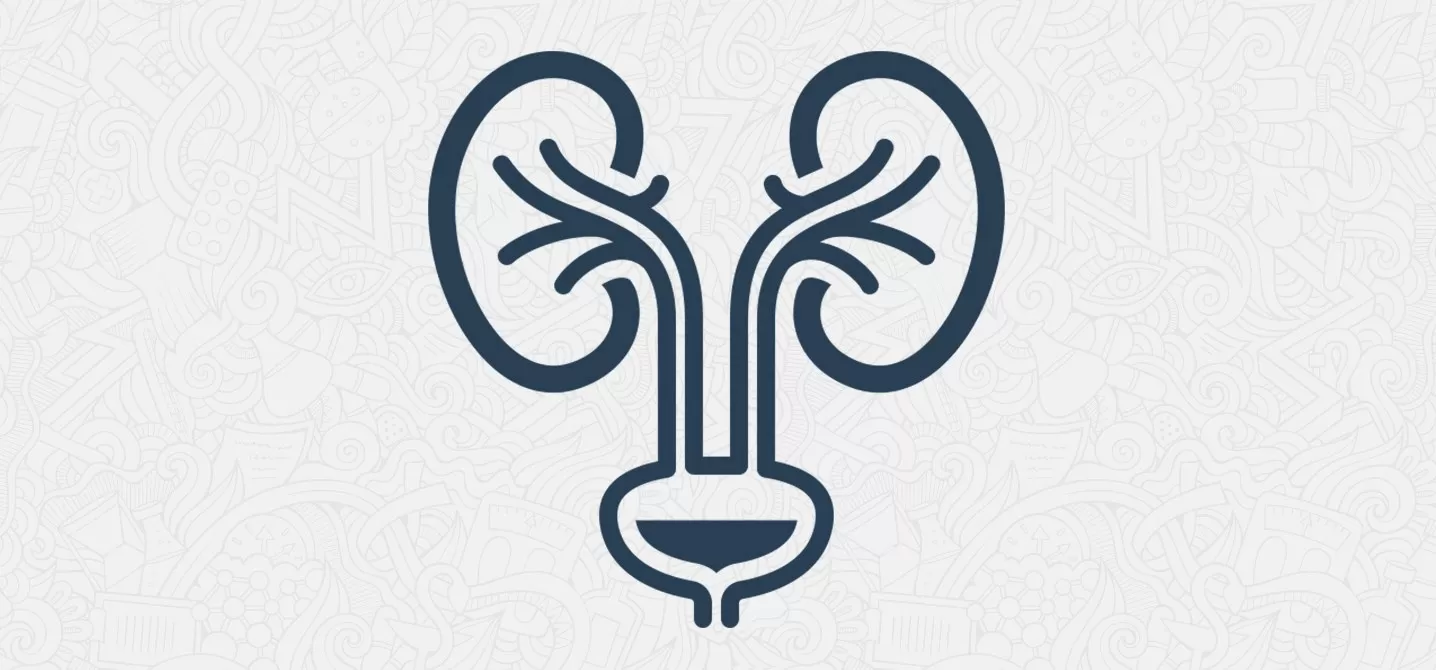
Later this month, from the 17th to the 21st, about 30,000 neuroscientists will gather in Chicago for the annual meeting of the Society for Neuroscience. There will be about 40 presentations on Rett Syndrome. Most are basic science oriented but one with clinical relevance caught our attention.
We often hear of parents being concerned because their daughters are not urinating as normal on a particular day or two. Turns out this is not unusual in Rett. Dr. Jeff Neul, formerly of Baylor and now at UCSD, found that individuals with Rett often suffer from urological dysfunction including frequent urinary tract infections, kidney stones, and urine retention. He also found urological problems in the Rett mice.
Loss of MeCP2 causes urological dysfunction and contributes to death by kidney failure in mouse models of Rett Syndrome:
"Rett Syndrome (RTT) is a neurodevelopment disorder characterized by loss of acquired skills during development, autonomic dysfunction, and an increased risk for premature lethality. Clinical experience identified a subset of individuals with RTT that present with urological dysfunction including individuals with frequent urinary tract infections, kidney stones, and urine retention requiring frequent catheterization for bladder voiding. To determine if urological dysfunction is a feature of RTT, we queried the Rett Syndrome Natural History Study, a repository of clinical data from over 1000 individuals with RTT and found multiple instances of urological dysfunction. We then evaluated urological function in a mouse model of RTT and found an abnormal pattern of micturition. Both male and female mice possessing Mecp2 mutations show a decrease in urine output per micturition event. Furthermore, we identified signs of kidney failure secondary to urethral obstruction. Although genetic strain background significantly affects both survival and penetrance of the urethral obstruction phenotype, survival and penetrance of urethral obstruction do not directly correlate. We have identified an additional phenotype caused by loss of MeCP2, urological dysfunction. Furthermore, we urge caution in the interpretation of survival data as an endpoint in preclinical studies, especially where causes of mortality are poorly characterized."
—C. S. Ward, T.W. Huang J. Herrera, R. C. Samaco, M. Pitcher, J. L. Neul
Fyi, micturition describes fainting shortly after or during urination. It is a type of Vasovagal response.


